Educators often talk about 21st-century skills and the benefits of incorporating communication, creativity, collaboration, problem-solving, and critical thinking into lessons. These are skills students rarely learn straight out of a textbook. The best way to teach them, we’ve found, is by making these skills a relevant part of their active lives.
If that sounds daunting, rest assured, it doesn’t always have to be. One way we have taught these skills is through project-based learning (PBL), where students apply what they’ve learned during a hands-on project that is relevant to the real world — and their lives.
To that end, a new report developed by MIDA Learning Technologies, which we researchers worked on, shows that students engaged in PBL understand concepts more deeply than those receiving traditional instruction, resulting in improved problem solving skills. Past research reviewed in the report also suggests that PBL students perform better on a wide range of assessments including standardized testing. The full report includes quantitative and qualitative evaluations of students’ problem-solving abilities after implementation of a pre-built, project-based STEM curriculum in science class.
Learn more / En savoir plus / Mehr erfahren:
http://www.scoop.it/t/21st-century-learning-and-teaching/?tag=PBL



 Your new post is loading...
Your new post is loading...

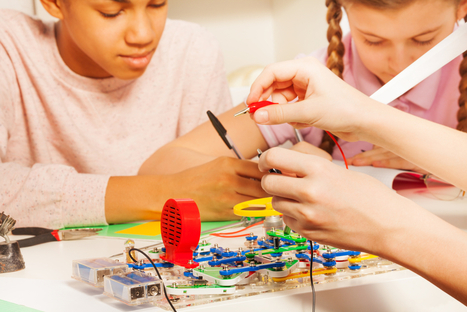



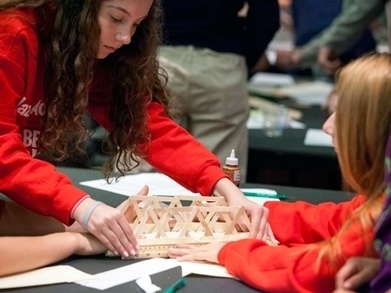
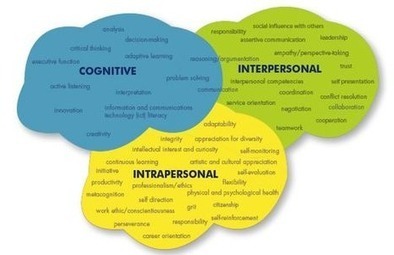


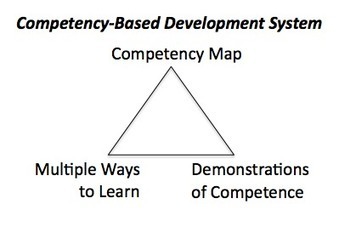
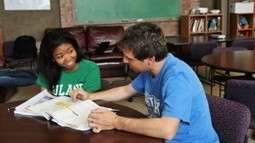

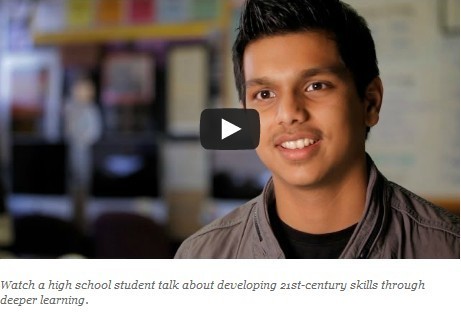

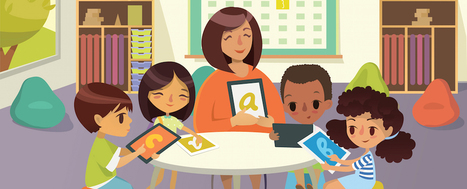



![Teacher leadership & deeper learning for all students [#Infographic] | #CTQ #CTQCollab | 21st Century Learning and Teaching | Scoop.it](https://img.scoop.it/3faSGv3dlsagJhsskEuNkDl72eJkfbmt4t8yenImKBVvK0kTmF0xjctABnaLJIm9)

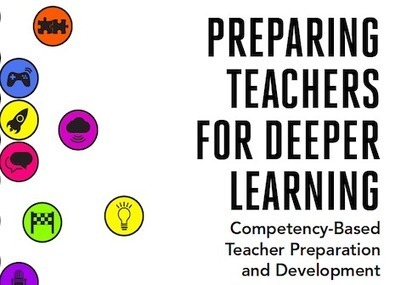

![9 Strategies to Scaffold for Students Deeper Learning [Infographic] | 21st Century Learning and Teaching | Scoop.it](https://img.scoop.it/8CUZz5oxpq-9_839xRY3Wzl72eJkfbmt4t8yenImKBVvK0kTmF0xjctABnaLJIm9)


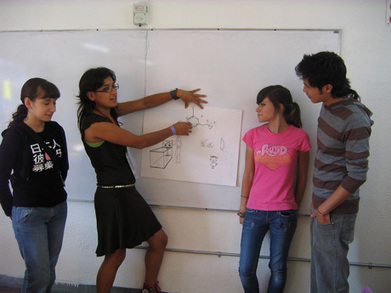





Learn more / En savoir plus / Mehr erfahren:
http://www.scoop.it/t/21st-century-learning-and-teaching/?tag=PBL